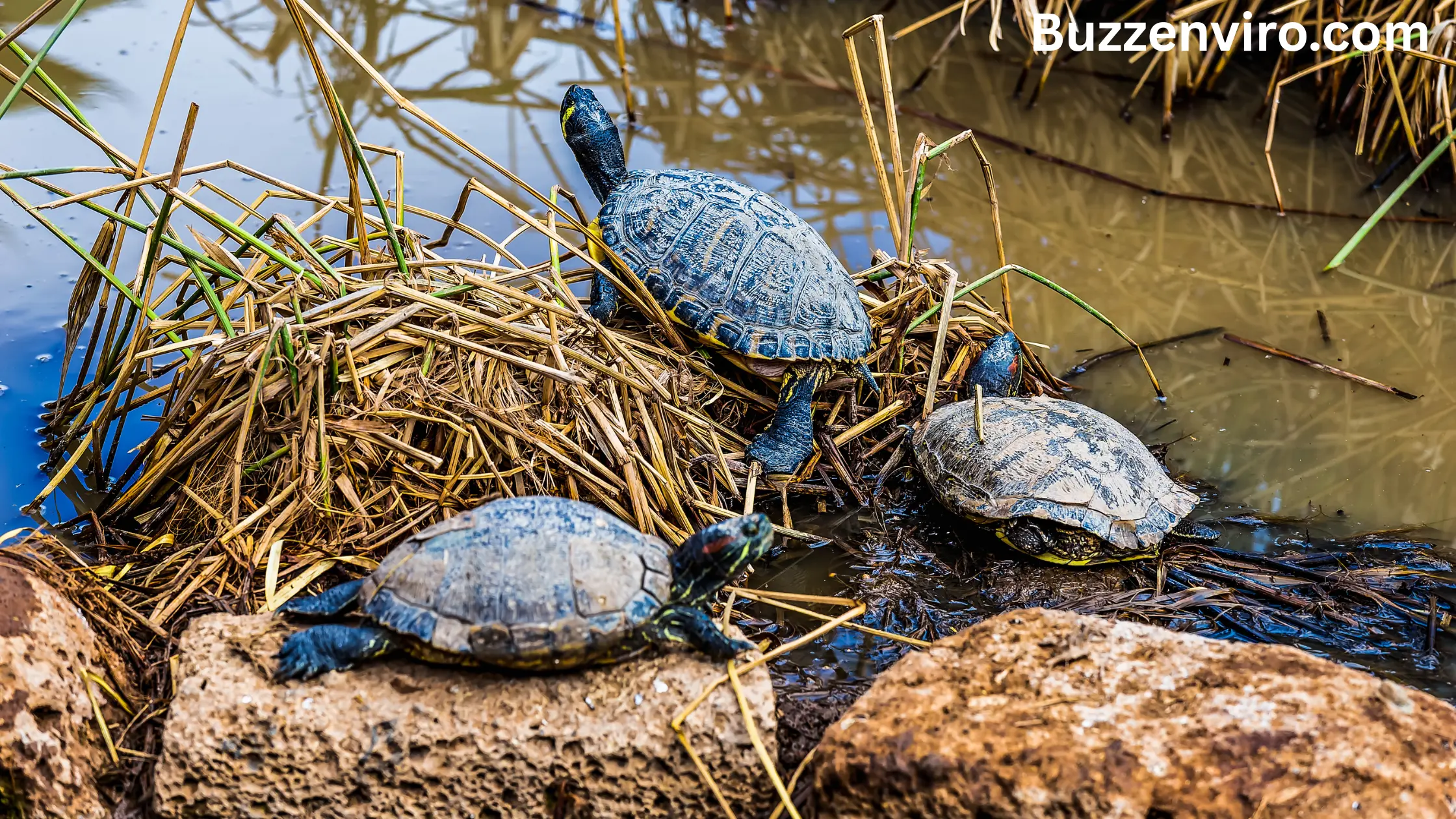Swamps are some of the most biologically rich and ecologically important habitats on Earth. These wetlands, characterized by standing water and dense vegetation, are home to a diverse array of fascinating creatures. From powerful predators like alligators to mysterious nocturnal birds and elusive amphibians, swamp animals have adapted to thrive in a landscape that’s constantly changing.
In this blog post, we’ll dive into the world of swamp animals, learn what animals live in swamps, and discover how they survive in such an unpredictable and often harsh environment. Whether you’re a nature enthusiast, student, or wildlife lover, prepare to explore the untamed life of the swamp.
What Is a Swamp?
A swamp is a type of wetland that features saturated soils and standing water, often with an abundance of trees and shrubs. Swamps can be freshwater or saltwater and are commonly found near rivers, lakes, or coastal areas.
Why Swamps Matter?
Swamps serve many essential functions in nature:
- Act as natural water filters
- Absorb excess rainfall to prevent flooding
- Provide vital habitats for wildlife
- Store carbon and reduce the impact of climate change
These ecosystems are not only valuable for their beauty but also for the life they support.
Common Swamp Animals and Their Unique Traits
So, what animals live in swamps? Let’s look at some of the most iconic and interesting creatures that call these wetlands home.
1. American Alligator
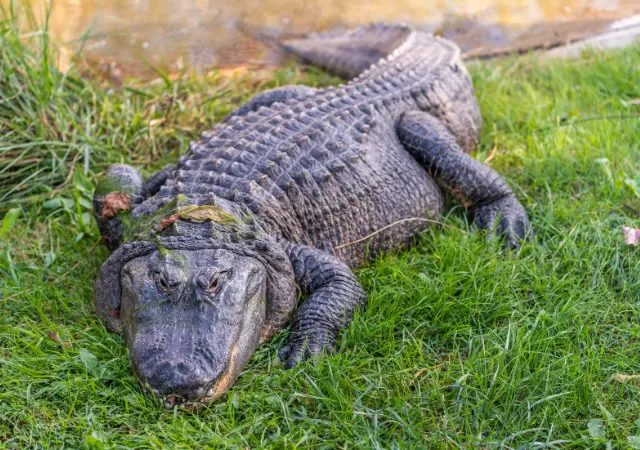
A symbol of the swamp, the American alligator is a top predator in southeastern U.S. wetlands.
- Grows up to 13–15 feet
- Hunts fish, birds, and small mammals
- Builds “gator holes” that provide water for other animals during dry periods
2. Great Blue Heron
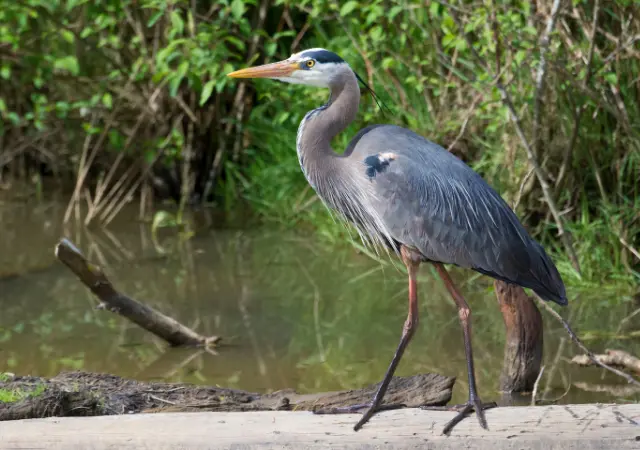
This majestic wading bird is often seen stalking fish in shallow swamp waters.
- Stands up to 4 feet tall
- Feeds on fish, amphibians, and insects
- Nests in trees above the swamp canopy
3. Cottonmouth (Water Moccasin)
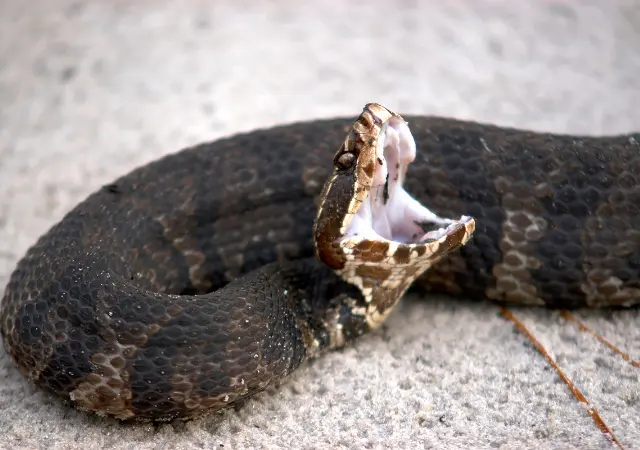
A venomous snake well-adapted to aquatic life in southern swamps.
- Known for its aggressive behavior and “gaping” warning display
- Hunts fish, frogs, and small mammals
- Swims effortlessly through thick vegetation
4. River Otter
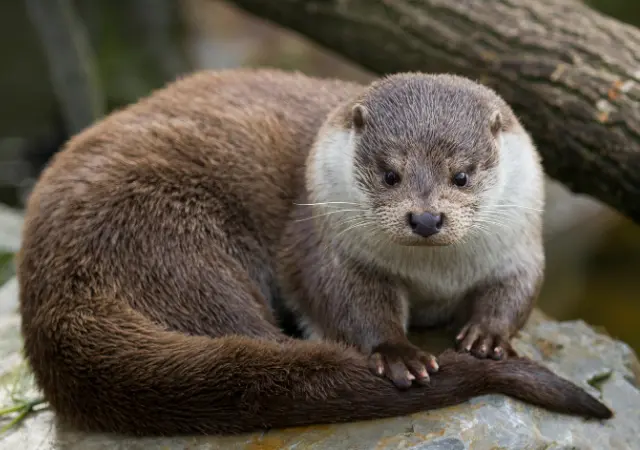
Playful and agile, otters thrive in clean, slow-moving swamp waters.
- Excellent swimmers with webbed feet
- Eat fish, crayfish, and amphibians
- Social animals often seen in family groups
5. Bullfrog

One of the loudest voices in the swamp, bullfrogs are heard long before they’re seen.
- Large amphibians that can leap over 3 feet
- Carnivorous, eating insects, mice, and even small birds
- Active at night and during rainy weather
Lesser-Known Swamp Animals You Should Know
While many people recognize gators and herons, some swamp inhabitants are less familiar but equally fascinating.
Barred Owl
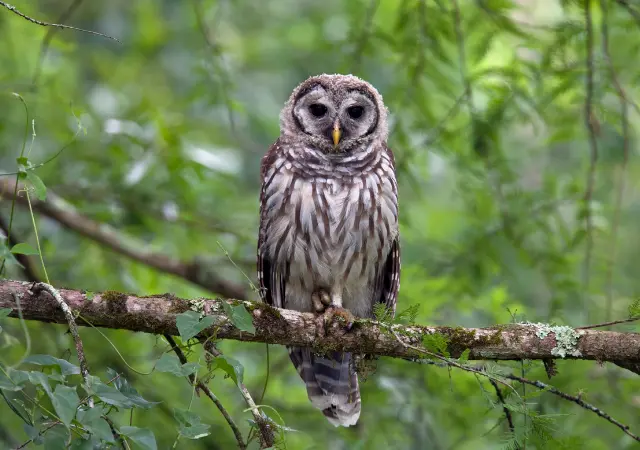
This nocturnal hunter lives in swamp forests and old trees.
- Recognized by its “Who cooks for you?” call
- Feeds on rodents, insects, and reptiles
- Has silent flight for stealth hunting
Snapping Turtle
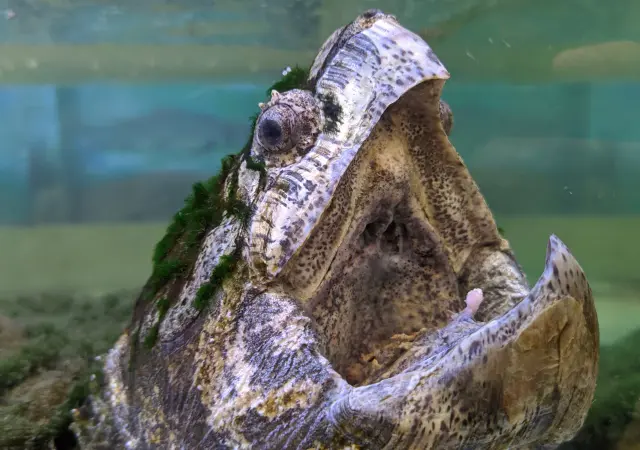
A powerful reptile with a prehistoric appearance.
- Has a strong jaw capable of cracking bone
- Lives on the swamp bottom, often buried in mud
- Can live over 30 years in the wild
Mud Snake

A glossy black snake with red bands, rarely seen in daylight.
- Feeds mostly on aquatic salamanders
- Non-venomous and secretive
- Often found under logs or debris in swamps
Insects and Amphibians: The Swamp’s Small but Mighty Residents
Many animals that live in swamps are small, but they play huge roles in the ecosystem.
Dragonflies

- Fierce mosquito predators in both larval and adult stages
- Use swamps as breeding grounds
Tree Frogs
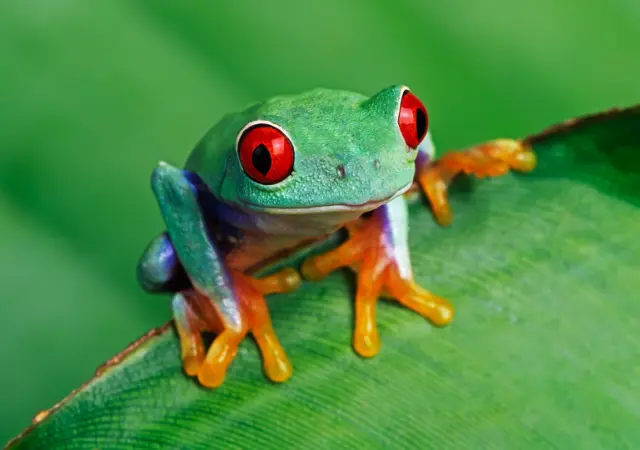
- Stick to trees and reeds using specialized toe pads
- Known for their chirping calls during summer nights
Mosquitoes

- Often seen as pests, but crucial for pollination and as a food source for birds and bats
How Swamp Animals Adapt to Their Environment
Swamp animals have evolved extraordinary traits to survive and thrive in wet, often harsh conditions.
Key Adaptations Include:
- Camouflage: Helps predators and prey blend in
- Aquatic Movement: Webbed feet, strong limbs, or paddle-shaped tails
- Flexible Diets: Opportunistic feeding helps in nutrient-scarce times
- Burrowing or Climbing: Escaping predators and water level changes
These survival skills help swamp wildlife handle everything from flooding to food scarcity.
Threats to Swamp Habitats and Wildlife
Unfortunately, many swamp environments and the creatures living in them are under threat.
Major Threats Include:
- Pollution from agriculture and industry
- Deforestation and urban development
- Climate change and rising sea levels
When swamps are drained or polluted, entire ecosystems collapse. Species that depend solely on swamp habitats may become endangered or extinct.
How You Can Help Protect Swamp Animals?
Protecting swamp animals starts with awareness and action.
Ways to Help:
- Support wetland conservation efforts
- Avoid using harmful chemicals near waterways
- Educate others about the importance of swamps
- Volunteer for cleanup events or wildlife monitoring programs
Every small step helps preserve these unique habitats for future generations.
Final Thoughts: Why Swamp Animals Deserve Our Respect
Swamps are more than just murky backwaters—they are vibrant, complex ecosystems filled with life. The animals that live in swamps play essential roles in maintaining the balance of nature. From the thunderous croak of a bullfrog to the stealthy glide of an alligator, each creature adds to the rich tapestry of swamp life.
Understanding and protecting these animals not only helps the environment but also connects us to a fascinating part of the natural world that many overlook.
